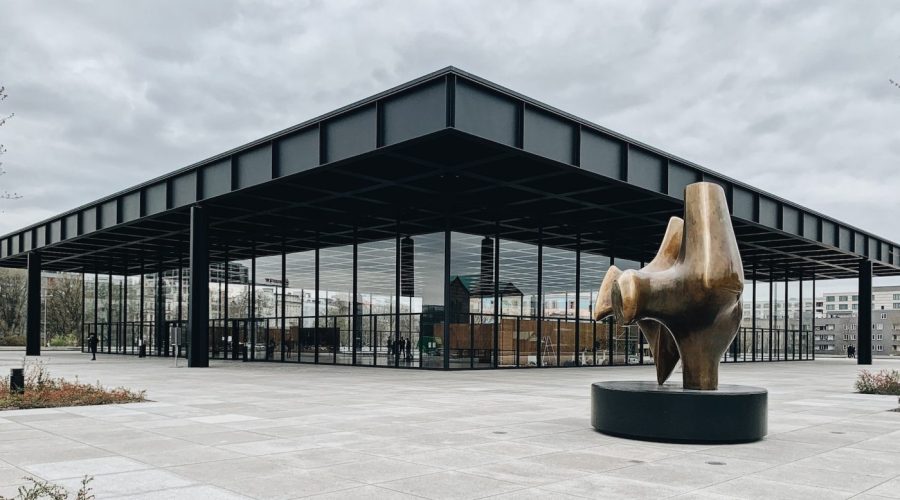How Does a Tour Guide Contribute to Berlin’s Economy?
Tourists visit Berlin in numbers that reach into the millions because this German capital remains lively and active. Visitors discover Berlin’s extensive heritage and special cultural aspects and well-known landmarks through the essential leadership provided by main local tour guides. The economic contribution of tour guides to Berlin remains a question many people want answered. This article examines the various responsibilities of tour guides as they influence the economic prospects of Berlin.
Guiding Tourists and Generating Revenue
Tour guides serve Berlin as its official representatives by exposing tourists to its secret sites together with essential places worth visiting. Through guided tours they provide visitors both essential historical knowledge and interesting little facts which create stronger connections between visitors and Berlin. The valuable information combined with unforgettable tour experiences that tour guides provide results in Berlin gaining a positive travel reputation which draws additional visitors and funds economic development across multiple local sectors.
Employment Opportunities
Tourism in Berlin produces multiple job positions and tour guides perform essential roles by creating these workplace opportunities. The growth in guided tour demand leads to guide employment which supports both their position along with various other job opportunities including transportation services and accommodation facilities and entertainment businesses. The workforce of Berlin depends on tour guiding as an essential component which supports economic development and stability.
Supporting Local Businesses
The tour guides possess detailed knowledge about all the businesses in Berlin especially eateries along with cafes and souvenir stores. Guides during their tours provide recommendations for these businesses which generates more customers while driving up the sales figures. Through business recommendations tour guides help maintain local economic growth and promote sustainability of the community economy. Local artisans benefit from guides who team up with them to engage their viewers while boosting both preservation of traditional crafts and local economic enhancement.
Sustainable Tourism
Tour guides are essential for sustainable travel development since global travelers now focus more on preserving environmental standards through responsible tourism practices. The guides at Berlin introduce visitors to sustainable environmental programs that include bicycle sharing schemes and green transportation networks together with green attraction points. Guests who follow sustainable recommendations from tour guides help Berlin build an environmentally friendly approach to tourism. Environmentally aware visitors will be drawn to the city while the combination safeguards the natural resources needed for future population needs.
Professional Development and Tourism Associations
Tour guides make significant contributions through economic influence and individual growth and general advancement of the tourism industry despite popular misconceptions. Monitors in Berlin find certification programs through their many tourism associations together with professional development outlets for tour guiding careers. These associations provide guides with better information and enhanced guiding capabilities plus current industry knowledge. The tour guides enhance Berlin’s tourism sector quality by persistently developing their proficiency thus building expert professional standards.
Conclusion
Tour guides serve as integral economic contributors to Berlin through their work of boosting tourism while both earning an income and backing local commerce and sustainable operation methods and developing professional competencies. Through their professional expertise along with storytelling skills and dedicated approach to delivering exceptional service tour guides maintain a fundamental place in Berlin’s thriving tourism sector. On your next tour of Berlin with a professional guide remember the huge influence they deliver to your journey and Berlin’s financial development.
Table of Contents



